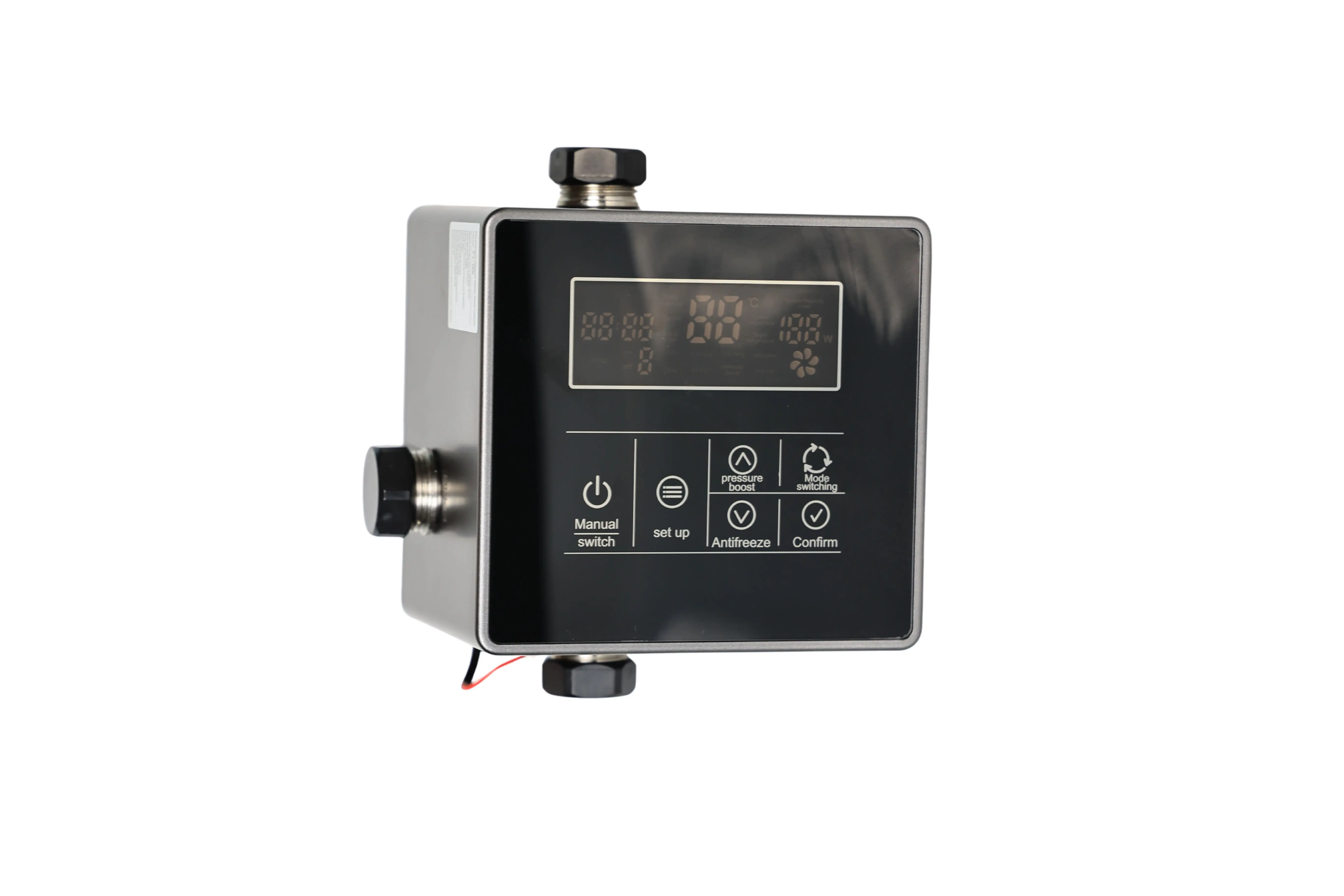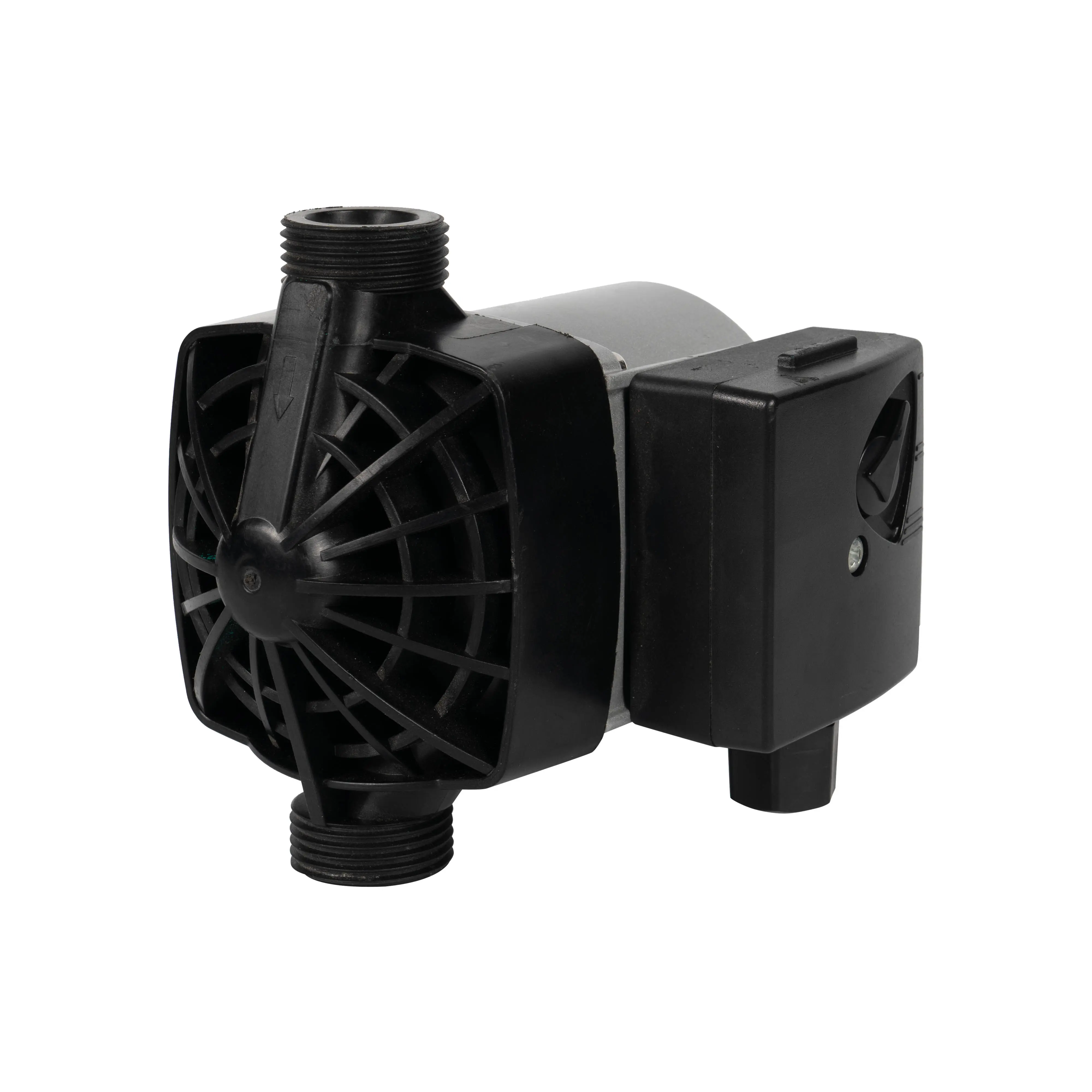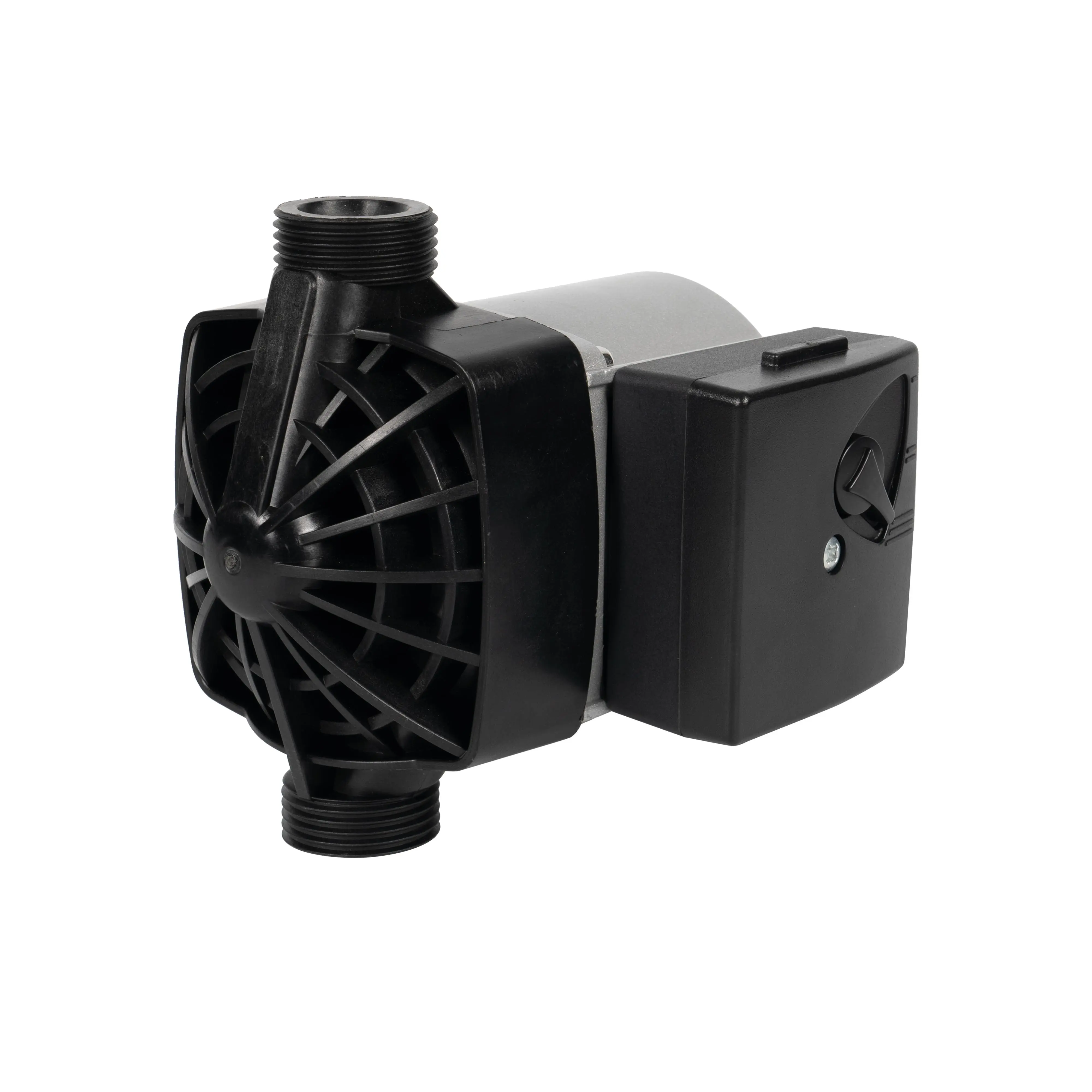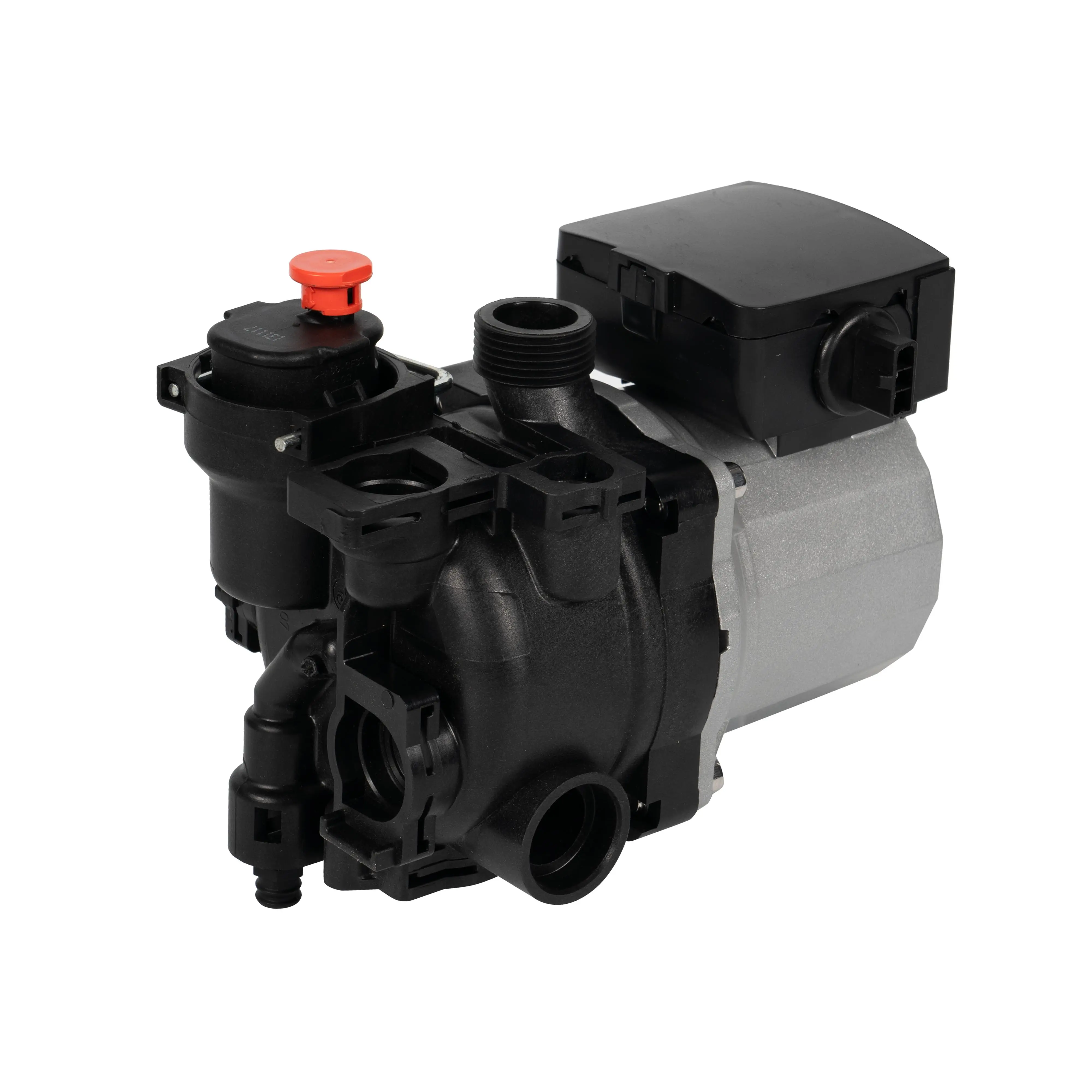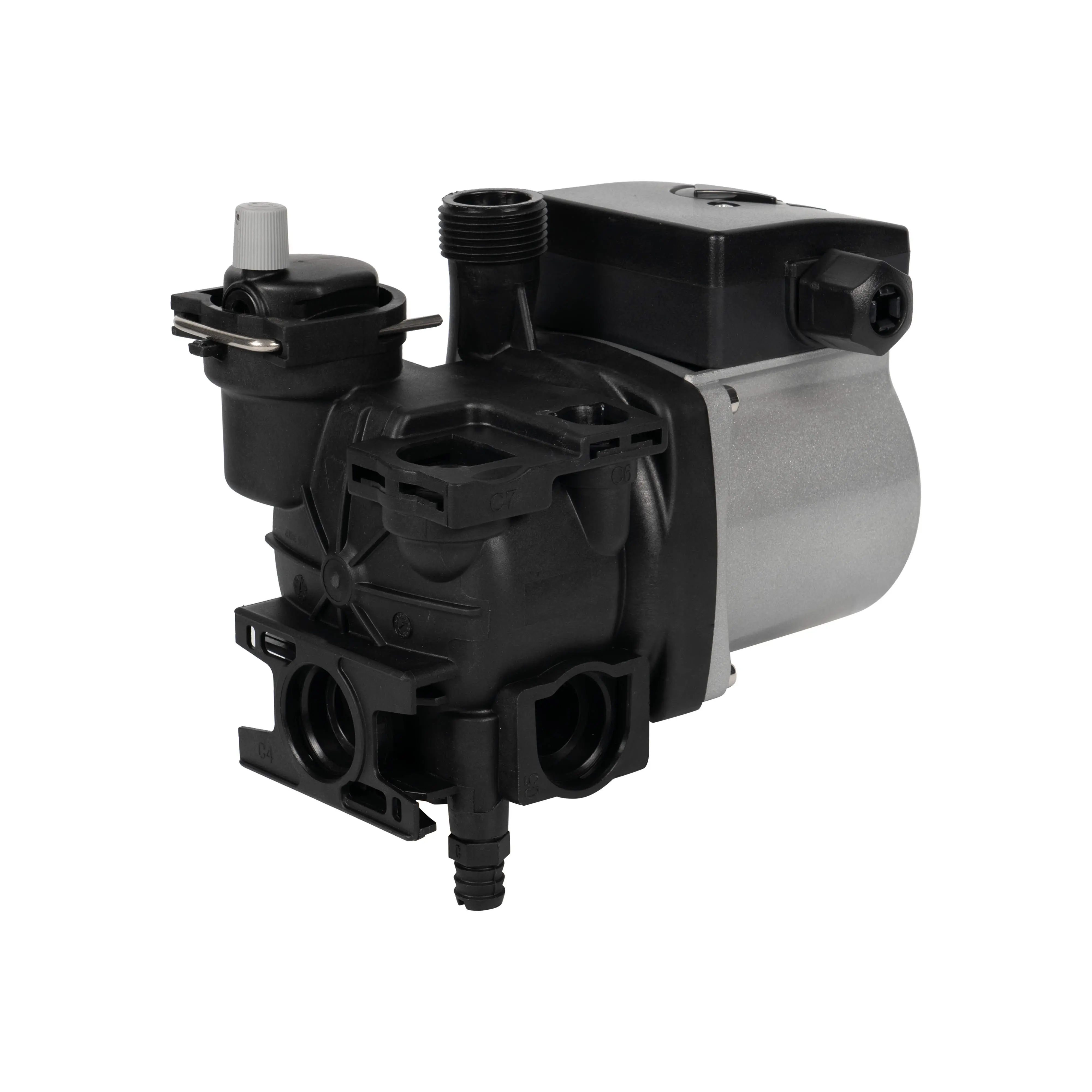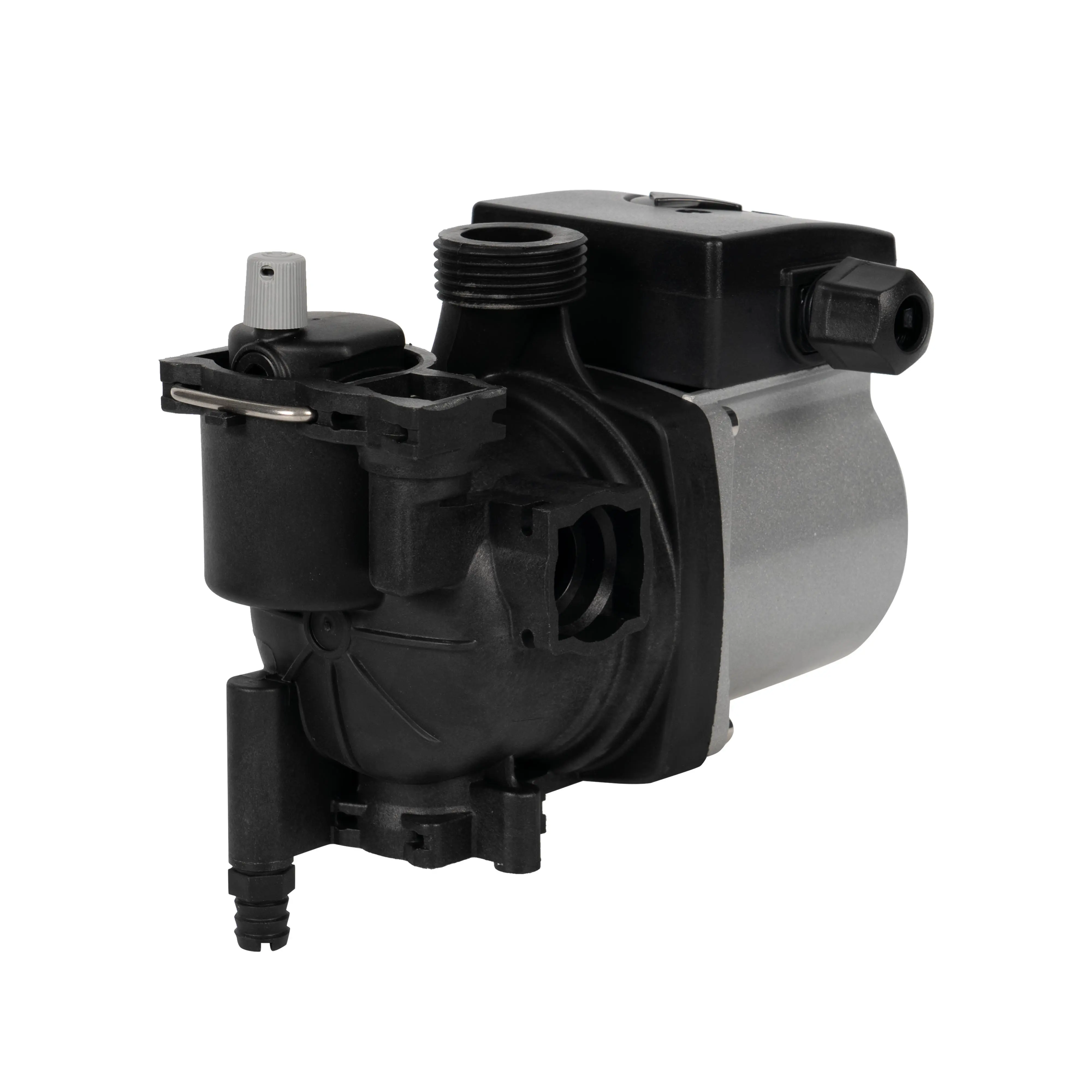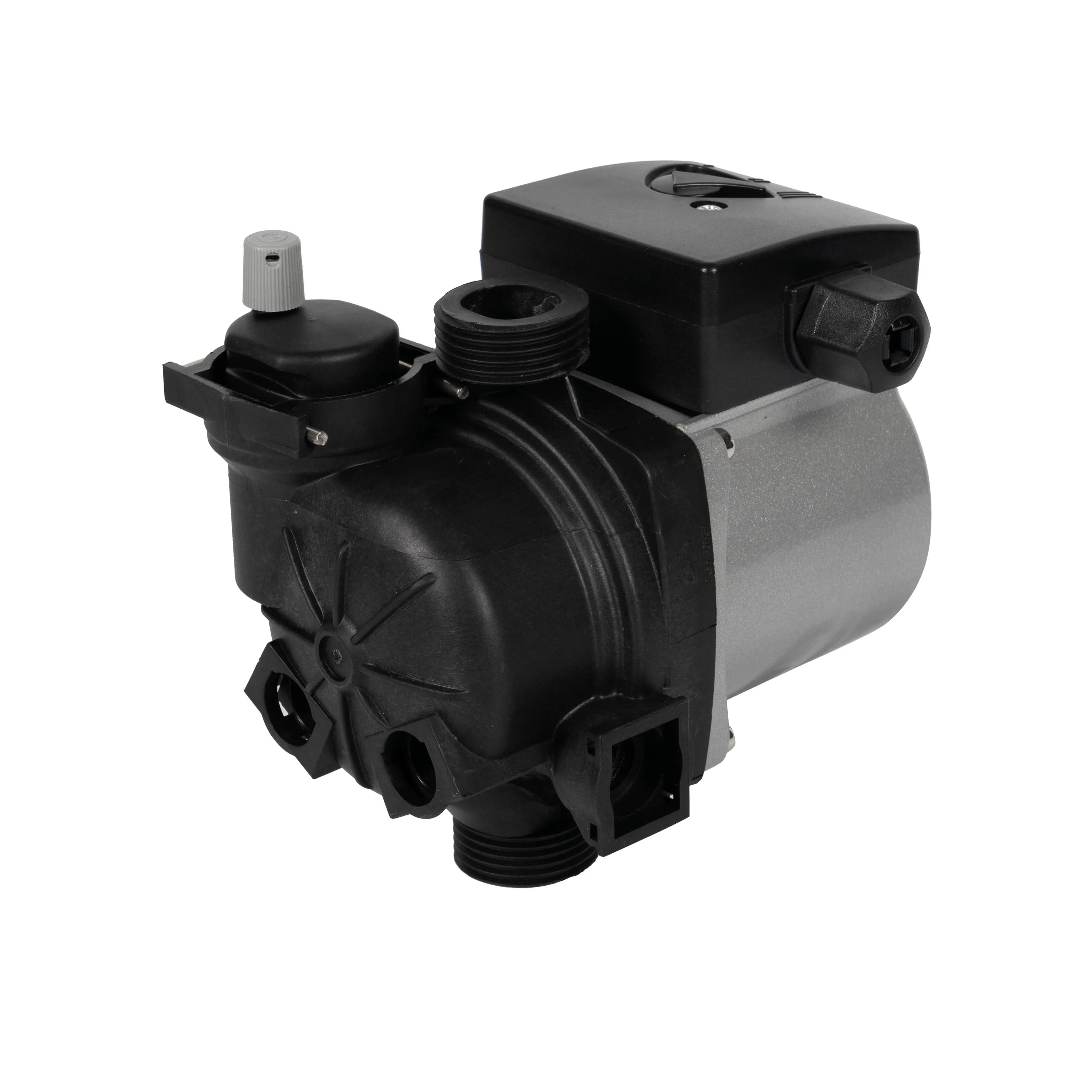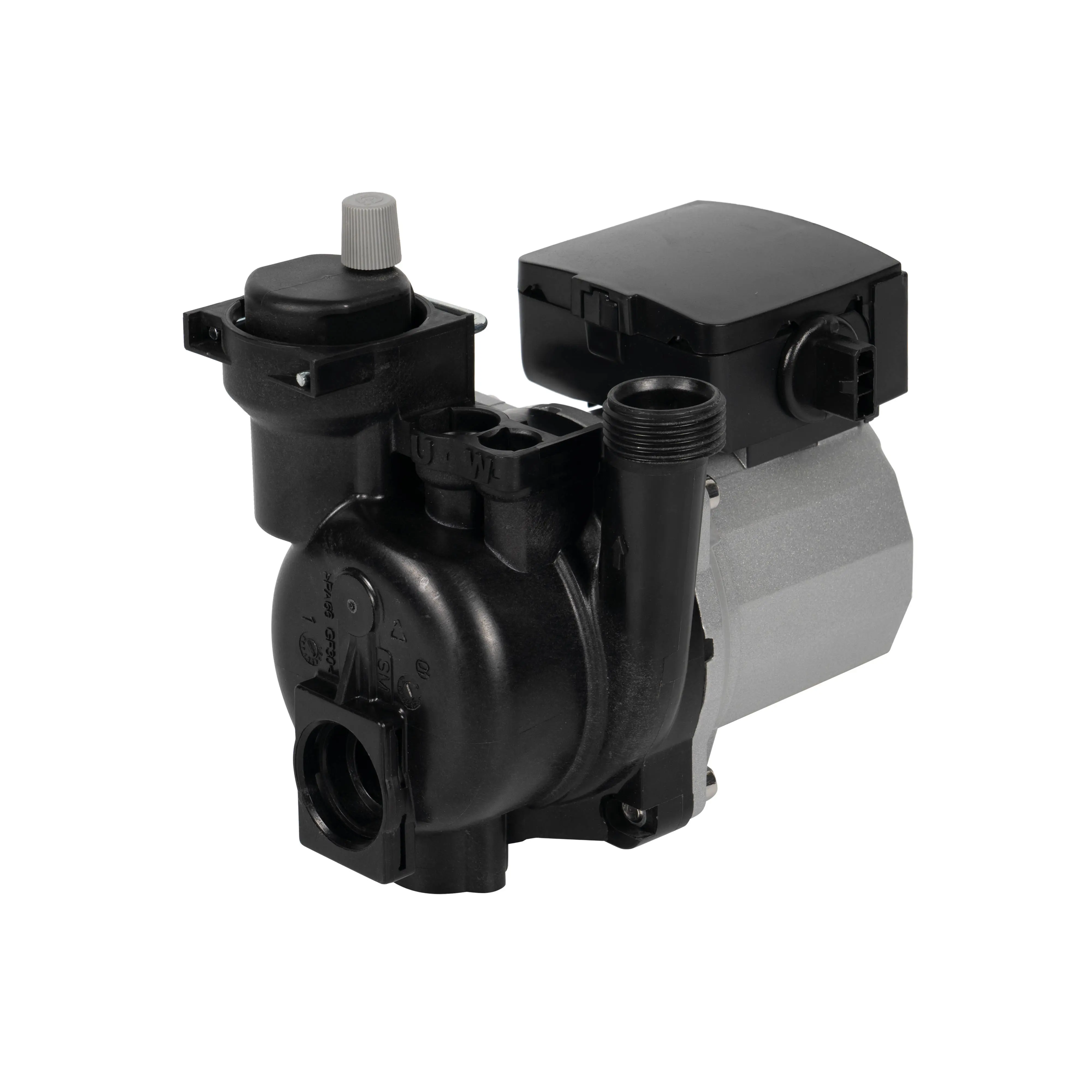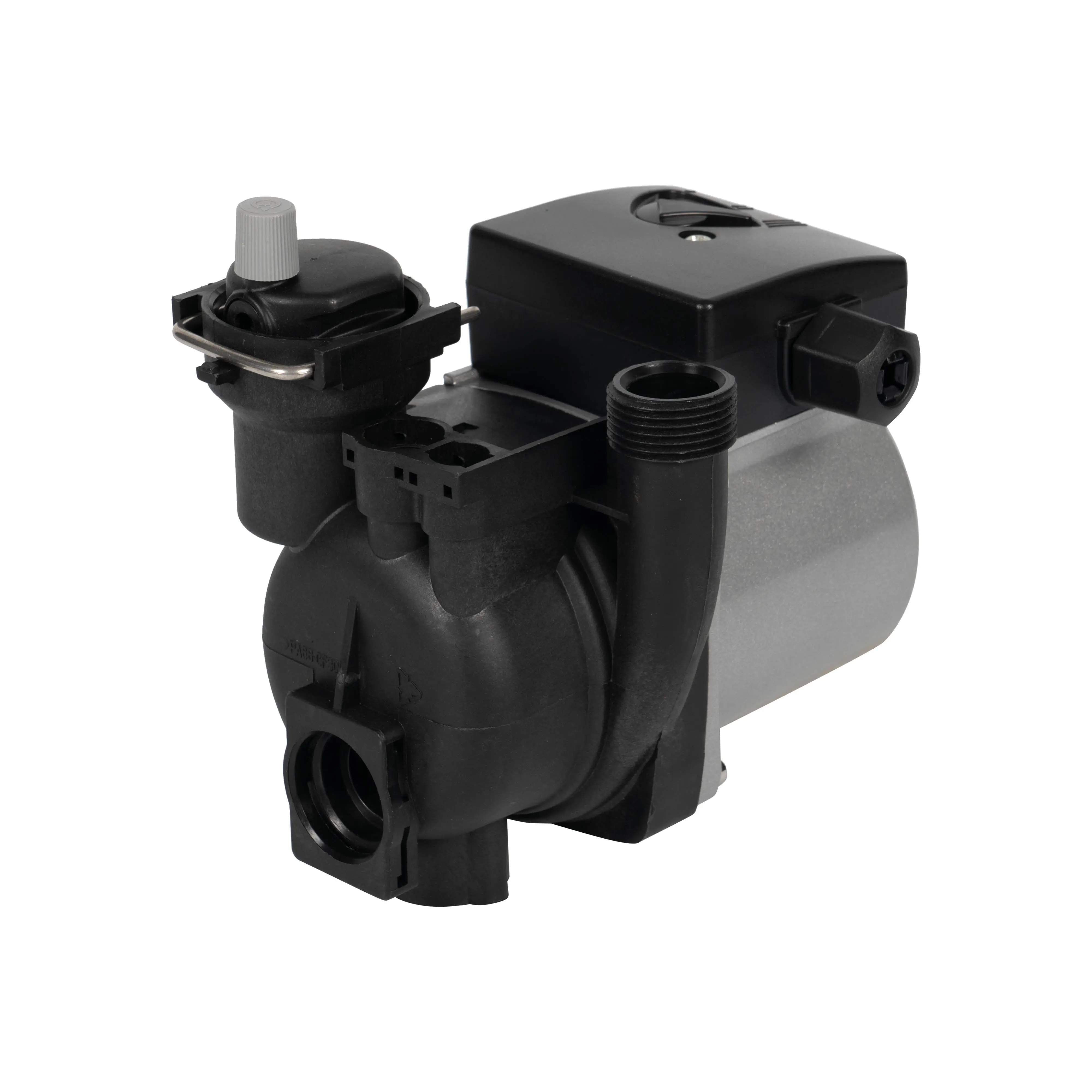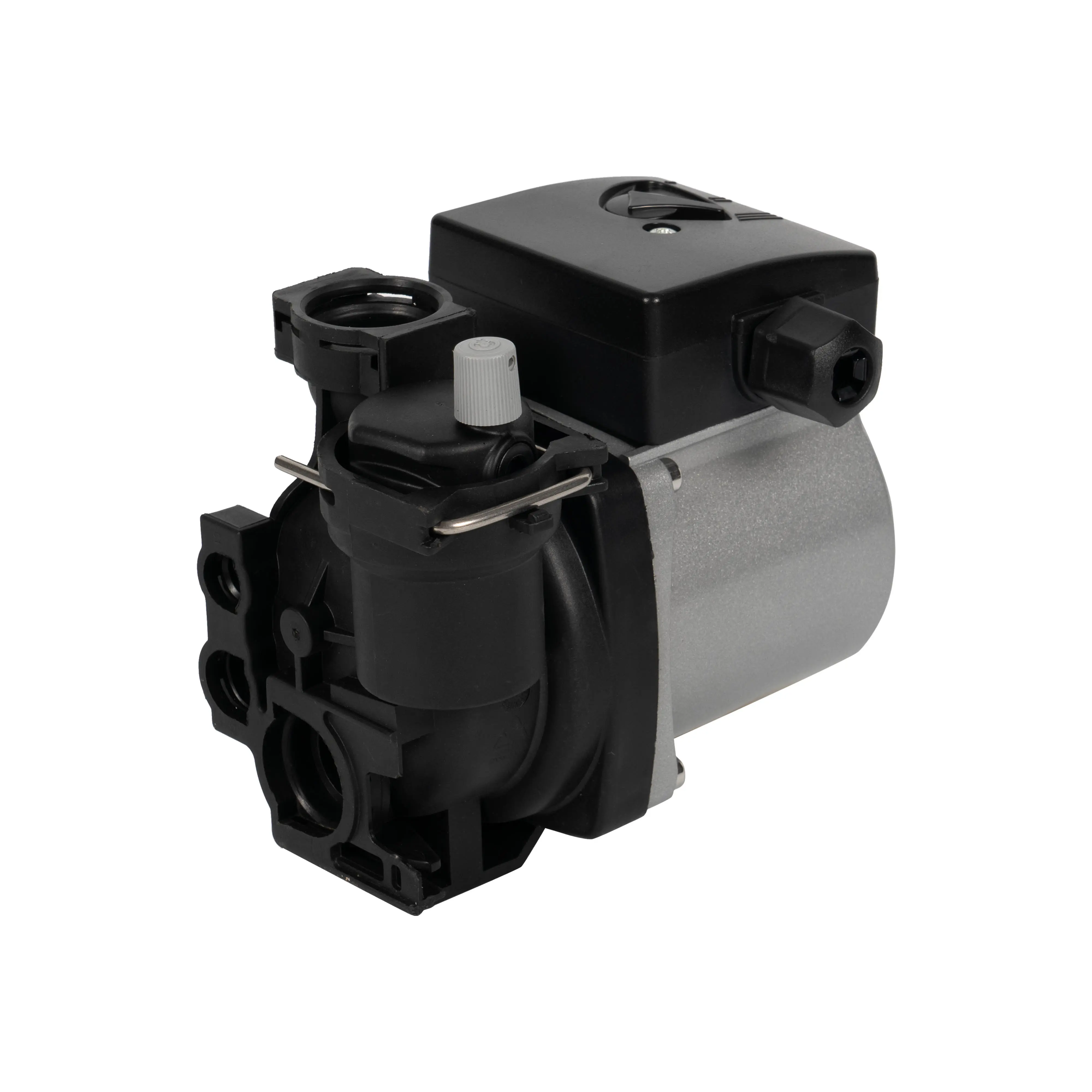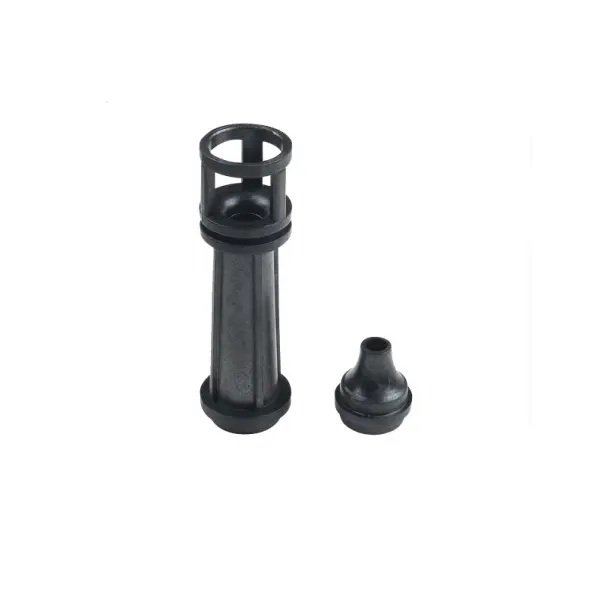Plastic Ejector For The Water Pumps
Product description
Ejector is mainly used for water ejection by self-filling injection pumps, applied in combination with guide vane series, to reach a comparably high efficiency, and at the same time, it has the features such as stable operation, low noise, good property of anticorrosion, and size of bore changeable as per customer requirements to cater to different flow rates, delivery lifts, and other performances.
Plastic ejectors are cylindrical tubing products made from polymer materials such as PVC, ABS, PPO, PP, These pipes are widely used across industries due to their lightweight, corrosion resistance, durability, and cost-effectiveness.
Key Features
1. Material Versatility: Available in various thermoplastics to suit different applications (e.g., PVC for water supply, HDPE for gas pipelines).
2. Smooth Interior: Minimizes friction loss, ensuring efficient fluid or gas transport.
3. Chemical Resistance: Ideal for handling corrosive substances or harsh environments.
4. Low Maintenance: Resistant to rust, scaling, and biological growth.
5. Easy Installation: Lightweight design simplifies cutting, joining, and transportation.
Applications
- Water Treatment: Sewage pumps, filtration systems (corrosion resistance).
- Chemical Industry: Transporting acids, alkalis, and corrosive media.
- Household Appliances: Dishwashers, washing machines, HVAC fans.
- Automotive: Coolant pumps, fuel pumps.
- Ventilation Systems: Lightweight fan impellers (reduces energy consumption).
- Medical Devices: Blood pumps, pharmaceutical fluid transfer.
Advantages
- Plumbing: Water supply, drainage, and sewage systems.
- Industrial: Chemical transport, compressed air lines, and ventilation.
- Agriculture: Irrigation and hydroponics.
- Construction: Electrical conduit and HVAC systems.
- Medical: Fluid transfer in laboratory or healthcare settings.
Advantages Over Metal Pipes
- Lower cost and longer service life.
- No conductive risks (for non-metallic variants).
- Flexible yet rigid enough for structural use.
We persist in basing our enterprise on the foundation of science and technology and stress to intensify management based on science and technology, to improve quality based on science and technology, to seize market based on science and technology, to be market oriented to occupy the key position in market competition, up to peculiarity, preeminence, and innovation through uninterrupted creation of new technical edges.
Plastic straight pipes are indispensable in modern infrastructure due to their adaptability, durability, and cost efficiency. Material selection (PVC, HDPE, etc.) and design parameters (pressure, temperature, fluid type) are critical for optimal performance. As innovations in polymer science and green manufacturing advance, plastic pipes continue to replace traditional materials, driving sustainability and efficiency in fluid transport systems worldwide.





